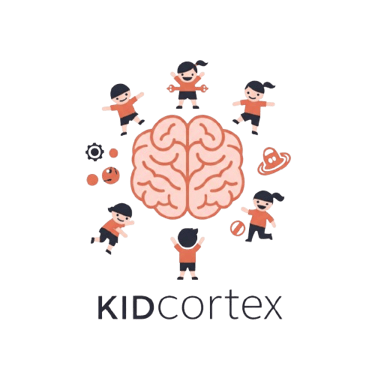
How Screen Time Affects Children: What the Research Really Says
In today's digital world, screens are everywhere — tablets, TVs, smartphones, laptops — and kids are using them more than ever. While screens can offer educational value and fun, too much screen time can impact children's development, health, and behavior in serious ways. Let’s break down what the research says about screen time and how it affects children.
KIDS
5/6/20252 min read
1. Screen Time and Brain Development
Too much screen time, especially for young kids, can slow down key areas of brain development. A 2019 study in JAMA Pediatrics found that preschoolers who spent more time on screens showed lower scores in language, literacy, and thinking skills. That’s because screens often replace real-life activities that build the brain — like talking, reading, and playing.
That said, not all screen time is bad. When used in small amounts and with a parent or caregiver, educational content can support learning. Apps that teach numbers, letters, or science concepts can be helpful, especially if a child is actively engaged rather than just passively watching.
2. Emotional and Mental Health Effects
There’s growing concern about the link between screen time and children’s mental health. A 2018 study published in Preventive Medicine Reports found that teens who spent more than three hours a day on screens were more likely to report depression, anxiety, and even thoughts of self-harm.
Another issue? Sleep. Looking at screens right before bed can mess with the body’s sleep hormone (melatonin), making it harder for kids to fall asleep — and we all know how a tired child behaves the next day!
3. Behavior and Attention Problems
Parents often ask, “Is screen time making my child hyper or inattentive?” Research suggests it could be. A 2020 study in The Lancet Child & Adolescent Health linked more screen time at age 5 with more attention and behavior problems at age 7. Fast-moving videos and games may overstimulate the brain, making it harder for kids to focus or handle frustration in the real world.
4. Physical Health and Screen Use
Too much screen time can also affect kids’ physical health. Sitting for hours means less movement, which can lead to weight gain and weaker muscles. It can also strain their eyes — causing headaches, blurred vision, and dry eyes. Experts recommend following the "20-20-20 rule": every 20 minutes, take a 20-second break and look at something 20 feet away.
5. Healthy Screen Habits for Families
Here are a few practical ways to create healthier screen habits at home:
Follow age-based limits. The American Academy of Pediatrics suggests no screen time under 18 months (except video calls), and just 1 hour a day for ages 2–5.
Watch and play together. Screens can be learning tools when adults talk about what’s being watched or played.
Create tech-free zones. Keep mealtimes and bedrooms screen-free for better sleep and connection.
Balance is key. Make sure there’s plenty of time each day for physical activity, play, and family interaction.
